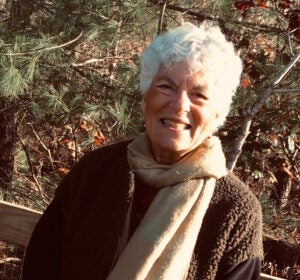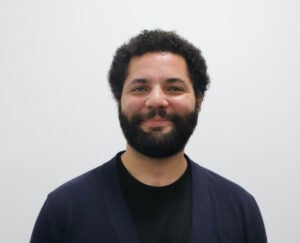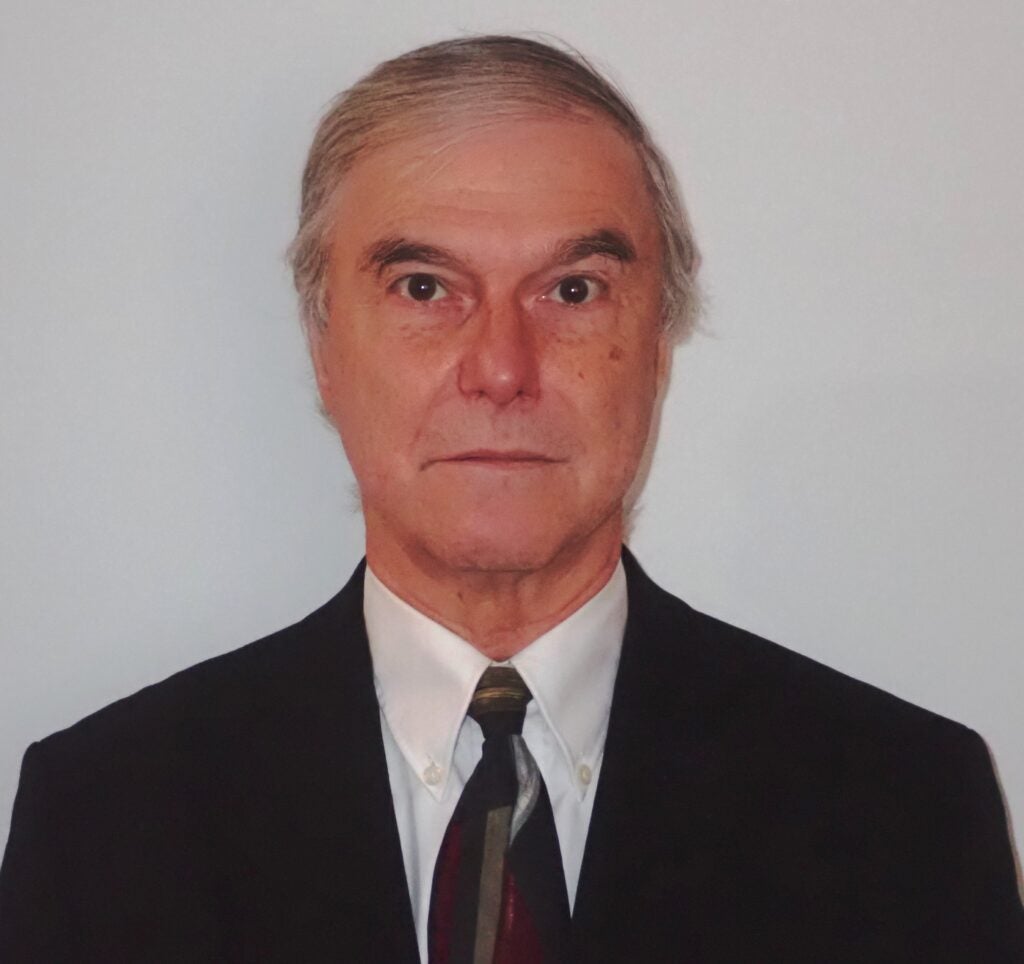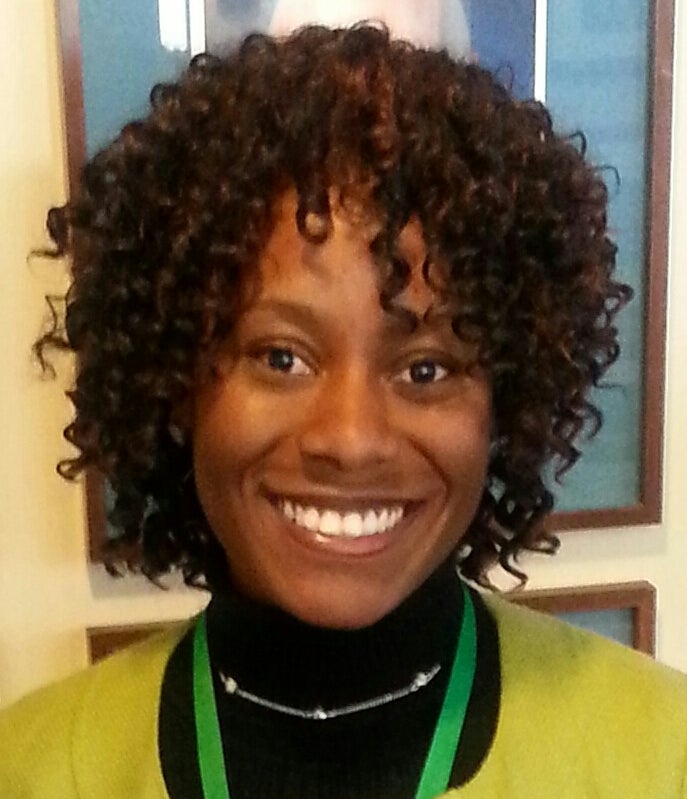Thupten Tendhar

Email: thuptendar@uri.edu
Thupten Tendhar is a decades-long scholar and practitioner of nonviolence and peace. He holds a Ph.D. in Education from the University of Rhode Island (URI) and a Geshe (doctorate) degree in Buddhist studies from Drepung Loseling Monastic University.
He is a certified Level 3 Trainer in Kingian Nonviolence from the URI Center for Nonviolence and Peace Studies. He serves as the director of the International Nonviolence Summer Institute teaching nonviolence globally. He also coordinates and leads training initiatives and inner peace projects at the center. Tendhar authored and published two poetry books, Peace: Rhythm of My Heart and Love: Beating My Heart. He has taught a course on Tibetan Buddhism since 2012 and the core seminar in nonviolence theory and research in the MA in International Relations program at URI. His primary research focuses on compassion, inner peace, mindfulness, well-being, and nonviolence pedagogy.
Gail Faris

Email: gailfaris@uri.edu
Gail Faris is the President of the Nonviolent Schools Rhode Island, a local nonprofit organization that introduces the principles and practices of Kingian Nonviolence to many local, national, and global schoolteachers for its application into their teaching profession.
Faris served at the University of Rhode Island for nearly 25 years in various capacities. She was responsible for the course entitled: CLASSROOM WITHOUT BORDERS in which students studied social justice issues and contributed their spring break to work with Habitat for Humanity in the American South.
Born and raised in Massachusetts, Faris is an exemplary teacher with peace, nonviolence, and lovingkindness in the core of her heart. She started teaching elementary school students and progressed toward teaching college students during her dynamic academic career. Her endless passion and commitment to ending racism, classism, sexism, poverty, and violence have been proven through decades of courageous activism and social services.
Gail Faris was one of the eight founding members of the Center for Nonviolence and Peace Studies at the University of Rhode Island in 1998. She holds the highest Level 3 certification in Kingian Nonviolence and Conflict Reconciliation from the URI Center for Nonviolence and Peace Studies. She completed her Level 2 Advanced Leadership Training in Kingian Nonviolence and Level 1 Training of Trainers in Kingian Nonviolence and Conflict Reconciliation in the early 2000s from Dr. Bernard LaFayette, Jr. at the Center. Faris received her bachelor’s degree from Salve Regina University, a master’s degree in education, and a master’s degree in labor and industrial relations, both from the University of Rhode Island.
Skip Mark

Email: skipmark@uri.edu
Skip Mark received his highest Level 3 Kingian Nonviolence Training certification in June 2022. As the director of the URI for Nonviolence and Peace Studies, he made a significant contribution toward institutionalizing and internationalizing nonviolence and peace. Mark joined the URI political science department in 2018. His research explores the intersections between human rights, political economy, collective dissent, child labor, and empirical methodology. He tries to unpack the determinants and consequences of compliance with International Organization agreements, repression, labor rights, violent and nonviolent protest, migration and remittances, development, economic crisis, and economic and social rights. He is particularly interested in how measurement and modeling choices affect what we know about these relationships and how an understanding of history and other disciplines can improve our knowledge of them. From 2020-2021, he co-directed the URI Center for Nonviolence and Peace Studies with Dr. Kristin Johnson. Dr. Mark continues to direct the URI Center for Nonviolence and Peace Studies and teaches in the URI Political Science Department.
Meg Frost

Email: margaret_frost@uri.edu
Meg Frost joined the URI Political Science department in 2022.
Originally from South Kingstown, RI, Meg earned a BA and MA at the University of Rhode Island. She has also interned at the Office of the UN High Commissioner for Human Rights in Switzerland, was a Fulbright Student Fellow in Colombia, and participated in a Human Rights Studies Graduate Program in Spain. A certified Level-III Nonviolence trainer from the URI Center for Nonviolence and Peace Studies, Meg frequently participates in URI’s International Summer Nonviolence Institute.
Kazu Haga

Kazu Haga is a trainer and practitioner of nonviolence and restorative justice, a core member of the Fierce Vulnerability Network, a founding core member of the Ahimsa Collective, a Jam facilitator and author of Healing Resistance: A Radically Different Response to Harm and Fierce Vulnerability: Healing from Trauma, Emerging through Collapse.
Richard Tarlaian

Richard Tarlaian is a certified Level III Kingian Nonviolence Trainer. He was a former Rhode Island police officer and trained nonviolent philosophy and strategy to hundreds of people from diverse backgrounds. Currently, he teaches at the Nonviolent Institute in Providence, and the Community College of Rhode Island.
Deirdre Morrison

Deirdre Morrison is a professor in the URI Communication Studies Department. She is a Yoga Teacher and Mindfulness Facilitator for college students and older adults. She is a certified Kingian Nonviolence Trainer from the URI Center for Nonviolence and Peace Studies. She has been serving as a co-trainer at the International Nonviolence Summer Institute since 2023.
Kristine Cabral

Kristine Cabral is the Director of the URI Speaking Center and a professor in the
Communication Studies Department.
She is a certified level III trainer in Kingian Nonviolence Conflict Reconciliation. Professor Kristine integrates this training into her teaching. Her desire to study and teach in communication was inspired by the realization that the study of communication is the study of our meaning-making process. She said, “if we desire to better understand ourselves and each other we must begin with the study of language.” Dehumanizing language in the form of judgment, blame, diagnoses, and criticism erodes our ability to stay connected. Words used as weapons do not serve us. She believes that the pathway to peace and reconciliation begins with dialogue driven by compassion and understanding. Kristine has authored numerous scholarly articles on the social construction of personal identity and the ambiguity of language.
Learn more: https://web.uri.edu/harrington/meet/kristine-cabral/
Janine Guillet

Janine is a former elementary school teacher and current homeschool educator who resides in Connecticut with her husband Raymond and their 4 kids. She is a level 2 Kingian Nonviolence trainer. For the last 3 years she has worked as a trainer for Nonviolent Schools RI, combining her background in education and passion for peace. Janine also works with Pace e Bene facilitating their Engaging Nonviolence training.
Jonathan Lewis

Jonathan Lewis is a Level 3 Kingian Nonviolence Trainer. He has offered nonviolence training to hundreds of people over the demaces. He is affiliated with the Nonviolent Schools, RI.
Roberta Opara

Email: ro-opara@my.uri.edu
“Nothing new happens under the sun” is an adage that speaks to the uproar and violence during Dr. King’s lifetime and the manifestations of discrimination and hate in our day today. Without a doubt, Dr. King’s stance and leadership stood in apposition to the reaction demanded of the time. As a graduate student here at the URI, it is a privilege to be close to the Center, its great leaders and knowledge resources. Exposure to litigation, human trafficking and child labor issues as well as transparency and accountability in governance, the conversations and needs spark a burning need for reconciliation and alternative dispute resolution methods. The Kingian Nonviolence Trainer Course is a crucial segway to the ways, big and small, I can help foster love, conversation and reconciliation.
In her legal and academic career as an attorney, administrator, researcher, and instructor, Roberta’s passion for people, instinct for learning, and posture for peace, motivate her engagement and resolve to facilitate effective communication, manage reconciliation efforts and engender respect and empathy in human relations.
As a certified Level II trainer in Kingian Nonviolence, Roberta supports the dynamic teaching and training effort of the URI Center for Nonviolence & Peace Studies as co-trainer and teaching assistant in the PSY478 Kingian Nonviolence Conflict Reconciliation course. In the beloved community of URI, Roberta innately enjoys applying nonviolence techniques to her studies and work in Communications, Labor Relations and Human Resources.
